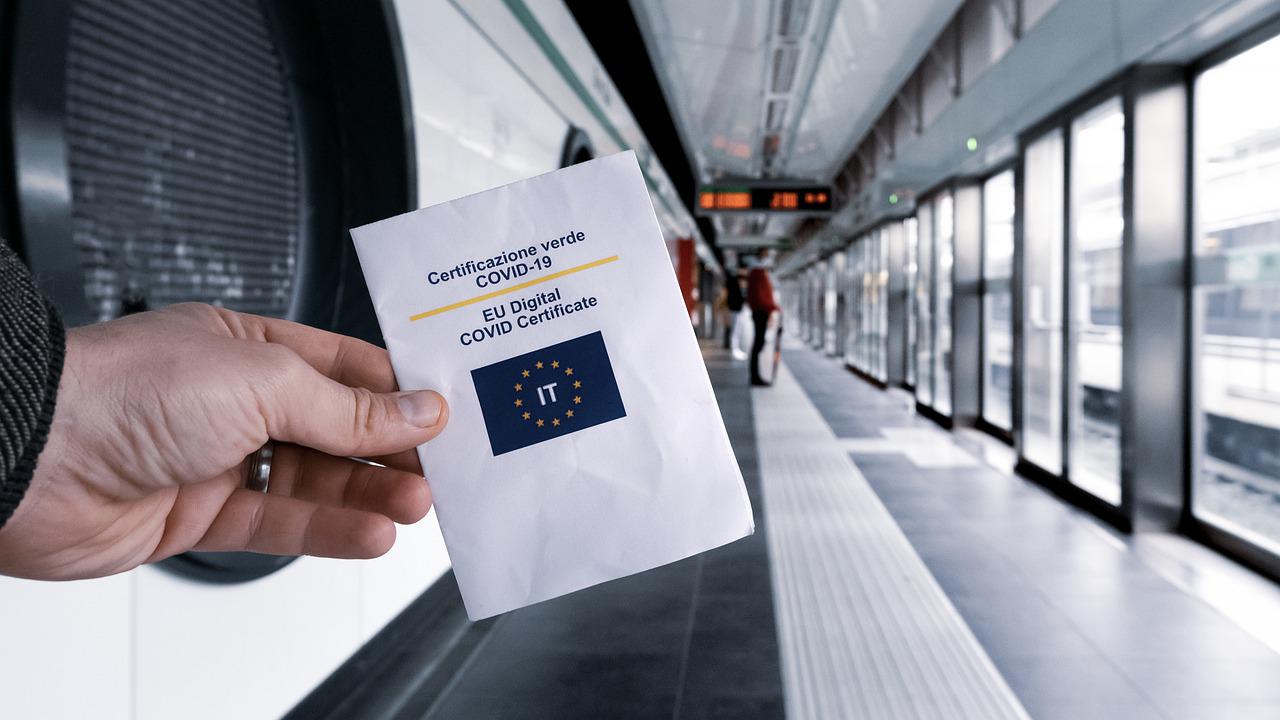
Following the outbreak of COVID-19, the European health pass was put in place and voted on by MEPs on 14 June 2021. It was due to expire on 30 June 2022. MEPs voted to extend it in a vote on June 23rd, as a seventh wave of the epidemic threatens the continent.
The extension of the pass was backed by a large majority of MEPs: 432 votes in favour enabled the text to be adopted, allowing European states to use a health pass until 31 October 2022, i.e., for another four months. There were 130 votes against and 23 abstentions.
In a second step, the health pass is to be extended for a further four months, until the end of February 2023.
European countries are currently reacting very differently to the resurgence of the virus. Most of the EU member states no longer require other EU citizens to show proof of vaccination or a negative test to enter their territory. As infections resume, Austria seems to have abandoned the idea of mandatory vaccination, but France is starting to talk about a 4th dose and is again recommending the use of masks in transport and enclosed areas.
Who are those who refused to renew the restriction of civil liberties that the extension of the health pass represents at European level?
MEPs from the largest transnational groups, such as the centre-right EPP, the Renew group, or the Socialists and Democrats, voted overwhelmingly in favour of renewing the pass; opponents of the pass are to be found among the European Conservatives and Reformists group (ECR), and especially in the Identity and Democracy group, where the French MEPs of the Rassemblement National, the German MEPs of the AFD, and the Italian MEPs of the Lega are represented. Only 5 EPP members and 3 Renew members voted against it.
A few months ago, the European Union had launched a large public consultation on whether the European certificate should be suspended or not. Around 385,000 European citizens responded to this consultation, with a majority opposing the extension of the certificate. A few MEPs took exception to the fact that the results of the public consultation were not taken into account. The result of the vote on 23 June 2022 confirms the prevailing consensus among MEPs on the need to maintain control over public freedoms in the face of the COVID-19 pandemic. The European Parliament has nevertheless communicated its willingness to keep the control for as short a period as possible: “MEPs want to keep the period in which the regulation applies as short as possible and repeal it as soon as the epidemiological situation allows,” an official statement says.
